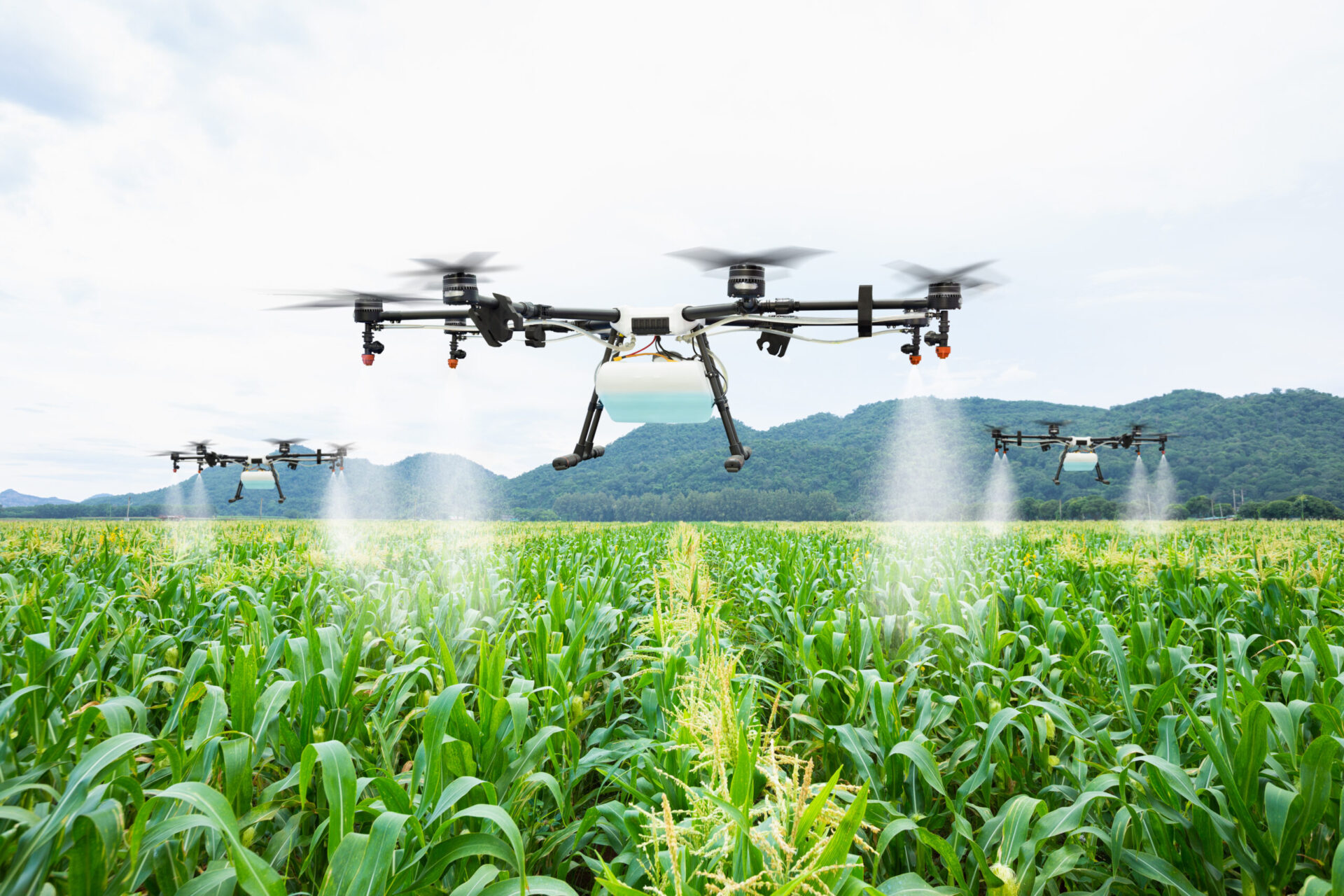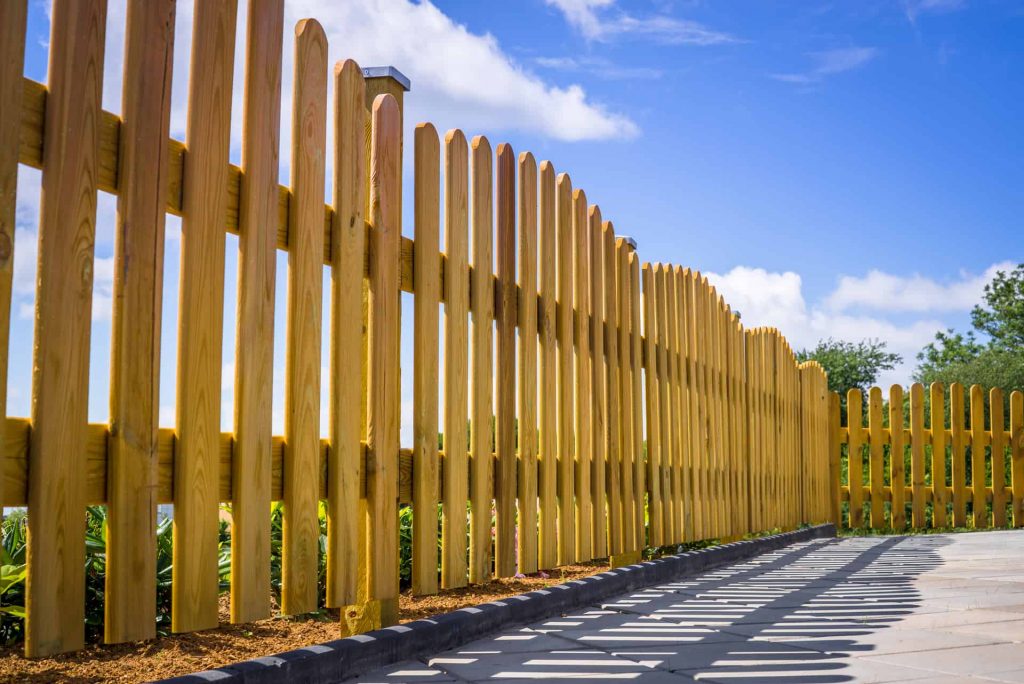In the sun-drenched fields of Auburn, Alabama, a silent but powerful revolution is unfolding—the integration of agricultural drones into traditional farming practices. As farmers and agribusiness owners navigate the complexities of a dynamic industry, the adoption of technology becomes paramount.
So if you are interested in the future of farming, you are at the right place! This guide explores the multifaceted benefits of agricultural drones in Auburn, Alabama, from transforming crop monitoring to redefining planting methods and enhancing security measures.
Let’s get this technology-infused journey started!
Precision in Plant Health Monitoring
At the forefront of the agricultural drone revolution lies the precision in monitoring plant health. Equipped with specialized imaging tools like the Normalized Difference Vegetation Index (NDVI), drones offer detailed color information that serves as a dynamic indicator of plant health.
Real-time monitoring enables swift responses to emerging issues, ensuring the vitality of crops. This level of precision in plant health management redefines the efficiency of traditional monitoring methods, establishing drones as indispensable allies in the pursuit of agricultural excellence.
Field Conditions Monitoring By Elevating Agricultural Intelligence
Agricultural drones transcend conventional monitoring by providing accurate field mapping and elevation information. This not only aids in identifying irregularities but also offers insights into drainage patterns, optimizing watering techniques.
Services providing nitrogen level monitoring empower growers to precisely apply fertilizers, eliminating poor growing spots and contributing to long-term soil health. The elevation data captured by drones becomes a blueprint for efficient agricultural practices, providing farmers with the intelligence needed to make informed decisions and enhance overall productivity.
Planting and Seeding Efficiency: Pioneering Sustainable Reforestation
In a novel chapter of the agricultural drone saga, their role in planting and seeding emerges as a beacon of efficiency. Primarily employed in forestry industries, automated drone seeders operated by a minimal team showcase unprecedented efficiency, capable of planting 400,000 trees a day. This not only streamlines reforestation processes but also reaches areas challenging for traditional methods. The potential for widespread use in agriculture heralds a future where planting becomes a drone-enabled endeavor, promoting sustainable practices and redefining efficiency in crop establishment.
The fields of Auburn witness a futuristic spectacle as automated drone seeders take flight, transforming reforestation into a streamlined and efficient process. What was once a labor-intensive task now unfolds with unprecedented speed and precision, thanks to the collaborative efforts of a minimal team and a fleet of planting drones. Visit here to related post to learn more!
Revolutionizing Spray Applications
Widespread in South-East Asia, drone sprayers are revolutionizing spray treatments in agriculture. Navigating hard-to-reach areas, such as steep tea fields, these drones save workers from hazardous tasks and deliver fine spray applications with precision.
Regulations for drone sprayers vary globally, but the potential for enhancing efficiency and reducing chemical costs is evident. By offering a level of precision unattainable with traditional methods, agricultural drones in spray applications emerge as stewards of environmentally conscious farming practices.
Fortifying Agricultural Security
As agricultural landscapes expand, the need for enhanced security measures becomes imperative. Drones, with their bird’s-eye view, emerge as aerial guardians of the farm. Monitoring the far reaches of a farm, drones save time and ensure frequent monitoring of hard-to-reach areas.
From overseeing farm operations and equipment use to monitoring fencing and perimeters, drones provide a cost-effective and efficient alternative to traditional security measures. This not only enhances the safety aspect of agriculture but also establishes drones as indispensable tools in farm management.
The Promise of Autonomous Pollination: Sowing the Seeds of Sustainable Agriculture
Embarking on the fringes of experimental applications, the concept of pollinating drones holds immense promise for sustainable agriculture. Researchers in the Netherlands and Japan are pioneering small drones capable of pollinating plants without causing damage. The aspiration extends to developing autonomous pollinating drones—agents that work and monitor crop health without constant human intervention.
While in the testing and development phase, the potential ramifications for sustainable agriculture are profound, opening doors to a future where drone-enabled pollination becomes a reality, reshaping the very foundation of crop propagation.
The vision of autonomous pollinating drones represents a bold step into uncharted territory. As traditional pollination methods face challenges, researchers explore the potential of drones as pollination agents. The applications extend beyond mere convenience; they hold the key to addressing global concerns surrounding declining pollinator populations.
In Auburn, the prospect of autonomous pollination introduces a paradigm shift in agricultural practices. Drones, equipped with the ability to delicately transfer pollen, emerge as essential contributors to crop propagation. The implications are far-reaching, touching upon the sustainability of food production in the face of ecological challenges.
Summing Up
As the sun sets over the rolling fields of Auburn, Alabama, the benefits of agricultural drones stand as a testament to the harmonious coexistence of tradition and technology. From revolutionizing crop monitoring to redefining planting methods and enhancing security measures, agricultural drones are the silent architects of Auburn’s agricultural resilience. In this ever-evolving landscape, where precision, efficiency, and sustainability converge, drones soar above as pioneers, crafting a resilient agricultural future for the world.
The fields of Auburn, once bound by the limitations of traditional farming, now embrace the limitless possibilities that agricultural drones bring to the horizon—a future where innovation and tradition intertwine to create a resilient and thriving agricultural landscape.













